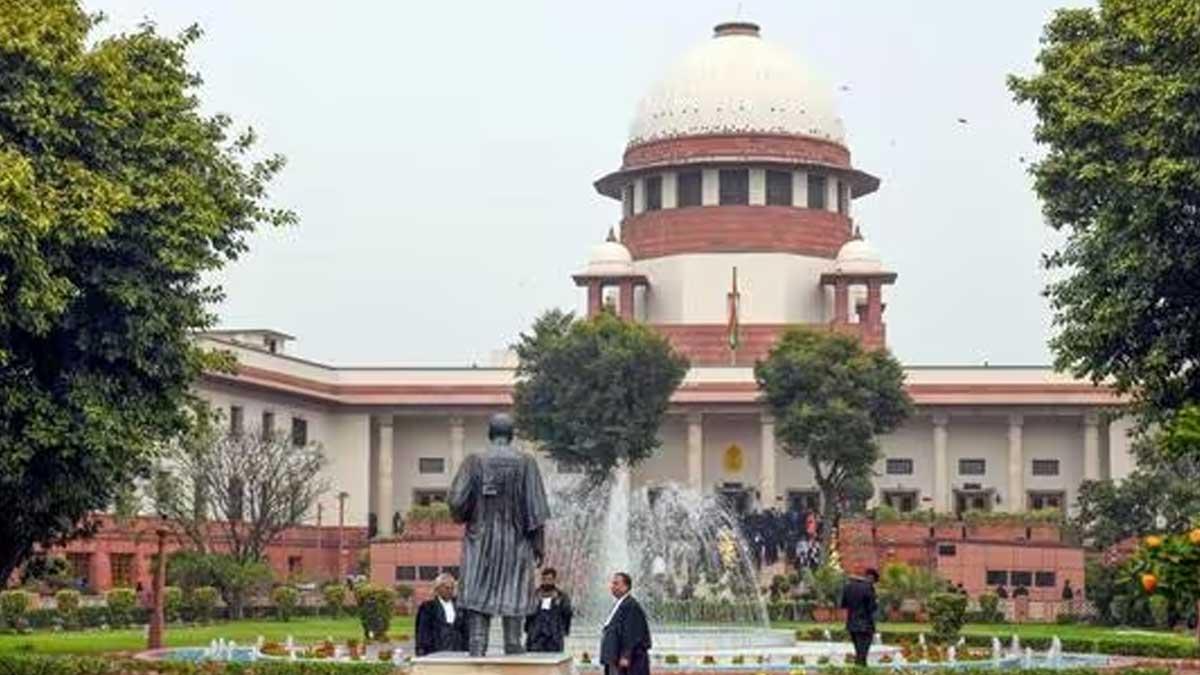In a significant ruling, the Supreme Court has declared that advocates cannot be held accountable under the Consumer Protection Act for any shortcomings in their services. The bench, headed by Justice Bela M Trivedi, emphasized that the primary aim of the Consumer Protection Act, 2019, is to safeguard consumers against unfair and unethical business practices. It clarified that the legislation was never meant to bring within its sweep professions or professionals.
Clearly distinguishing between "profession" and "business" or "trade," the bench explained that a profession requires special education and training in a particular field of knowledge or science. It ruled that the work which mainly comes within the ambit of a profession is an intellectual one and not a manual or commercial one. Hence, professionals like advocates cannot be placed at par with businessmen, traders or service providers of goods or products under the Consumer Protection Act.
However, the Supreme Court explained that the advocates may be found guilty of professional negligence under the ordinary course of law.This makes clear that, while the advocates have been absolved from the liability under the Consumer Protection Act, they are not absolved from the legal liabilities accruing from professional negligence under the ordinary legal regime..
The judgment set aside a 2007 order by the NCDRC, which had earlier held that the services of an advocate were liable under the Consumer Protection Act. But an April 2009 interim order issued by the apex court had stayed the operation of the NCDRC order in anticipation of further appeals.
Read also | US Ambassador Garcetti Affirms Confidence in India's Democratic Progress
Read also | Delhi Metro Pillars Defaced with Pro-Khalistan Graffiti, Police Register FIR


















